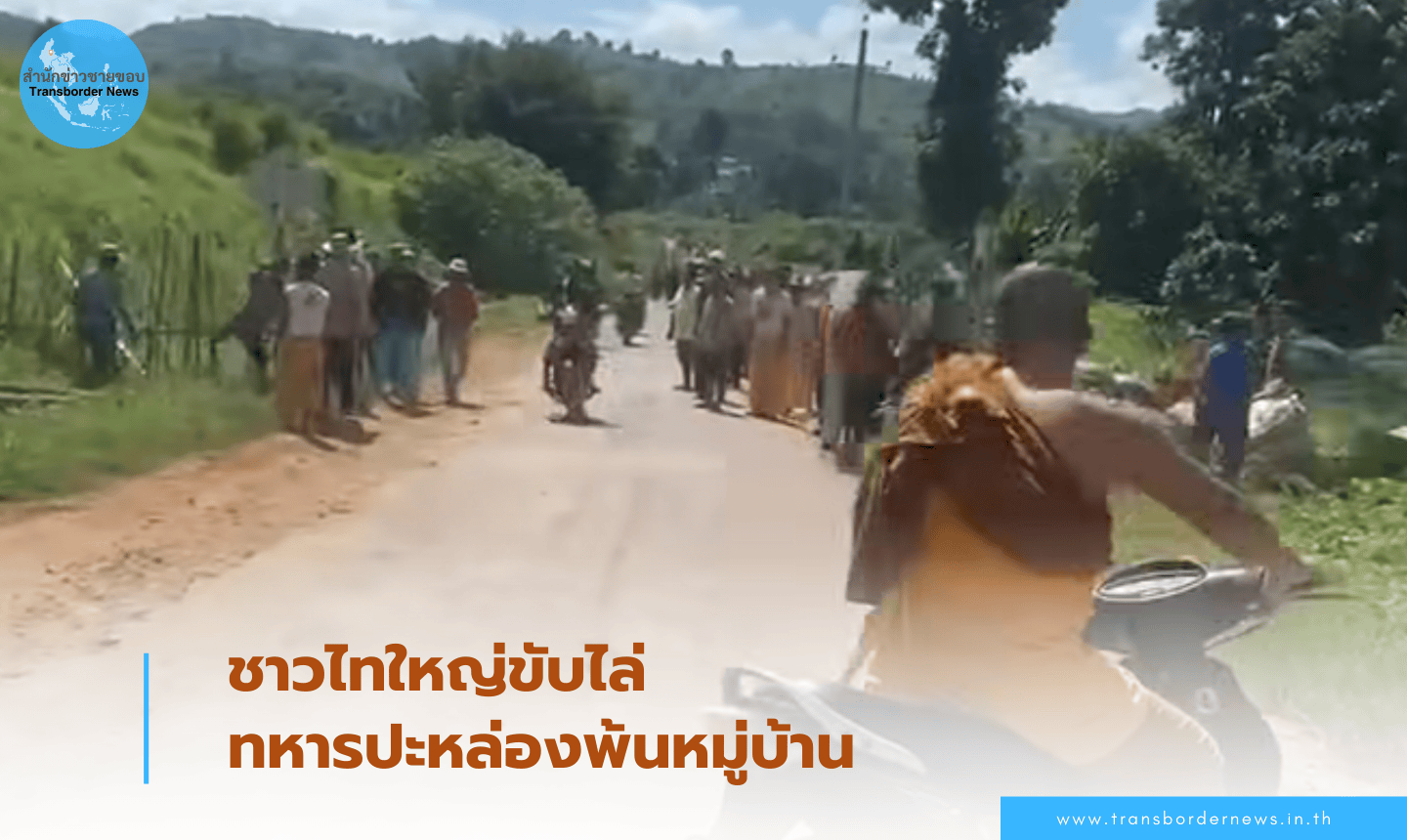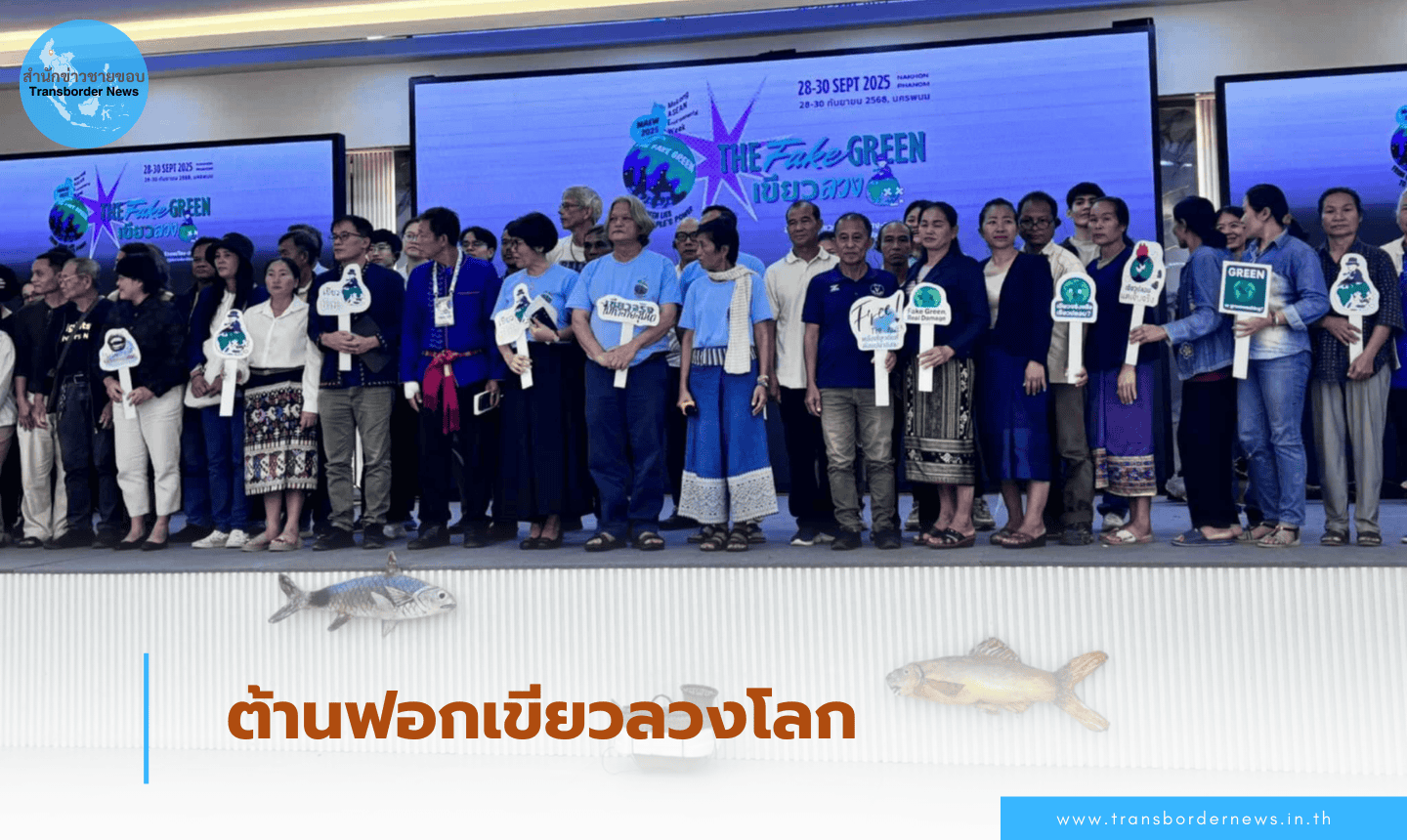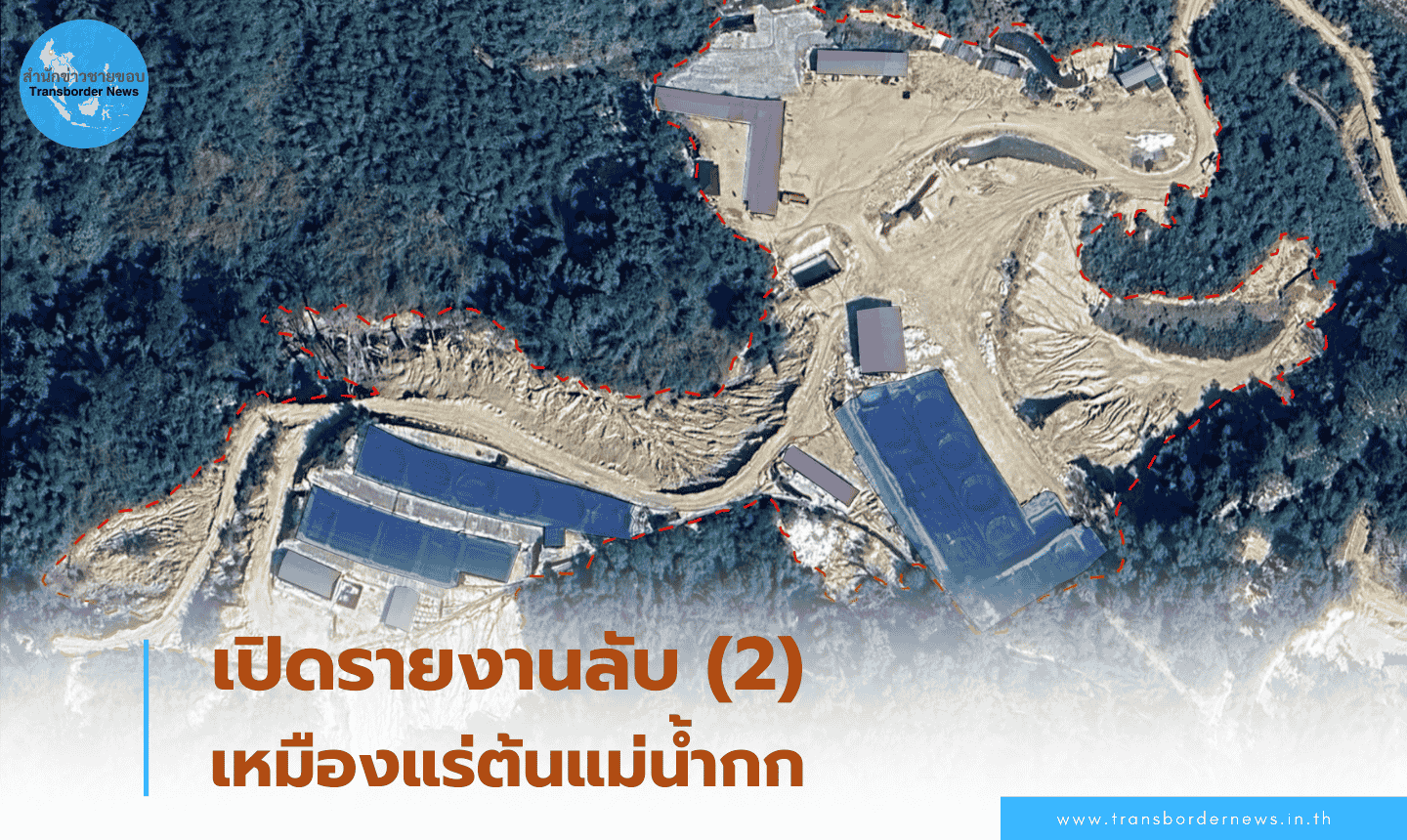
July 5, 2025, An impending funding crisis is threatening the welfare of around 100,000 refugees living in nine temporary shelters along the Thai-Myanmar border, following announcements by two major humanitarian organizations—the Border Consortium (TBC) and the International Rescue Committee (IRC)—that they will halt key aid services by the end of July 2025 due to a lack of donor support.
On June 27, TBC Director for Thailand, Tim Moore, issued a letter to refugee camp committees and Thai provincial authorities warning that the agency has yet to receive confirmation of continued support from its primary donor, the United States government, for the food voucher program beyond July 31. As a result, the program will likely cease.
“This change will affect most households and is a direct result of the anticipated withdrawal of funding from one of TBC’s major donors. Despite our best efforts to secure alternative support, we have not yet been successful in bridging the funding gap. However, Most Vulnerable (MV) and Vulnerable (V) households will continue to receive a limited level of food assistance.” The final food voucher top-up will be issued on July 1.
The IRC, which has provided healthcare in the camps, also informed Thai health officials on June 20 that it will terminate medical services after July 31 due to the end of funding from the U.S. government. No other donor has stepped in to fill the gap.
“This is a serious disruption,” said a senior humanitarian official. “We have tried for months to alert both Thai authorities and the refugee communities. We’ve been coordinating with local officials, camp committees, and NGOs since February, but there has been no resolution or policy shift.”
TBC currently supports food, shelter, and community management in the camps, with over 60% of its funding—estimated at $15 million last year—coming from the U.S. government. Monthly food costs alone amount to about 40 million baht. Refugee leaders and advocacy groups are now calling on the Thai government to allow refugees to legally work outside the camps in designated areas.
“This is not sustainable. These people are stuck in camps, unable to return to Myanmar due to ongoing conflict, and unable to go elsewhere,” said a representative of Karen refugees. “If they can just work one week a month, they can feed their families.”
Academics and civil society organizations are backing this call. Dr. Jiraporn Laocharoenwong, a sociologist at Chulalongkorn University, emphasized that the situation reflects a global humanitarian funding shift, with resources being redirected to more immediate crises such as in Syria or Africa.
“This is a direct result of former U.S. President Trump’s policy of cutting international aid. Now even basic needs like rice are at risk,” she said. “The Thai government must now take a leadership role in managing refugee assistance and champion a humanitarian response in the region.”
Dr. Malee Sitthikriangkrai of Chiang Mai University added, “The most vulnerable are still receiving some help, but the majority—tens of thousands—will have no rice. Refugees should be assessed for their ability to work and allowed to earn a living.”
As of May 2025, TBC recorded 108,167 refugees in the camps, while UNHCR cited around 90,000. The numbers have surged since the 2021 military coup in Myanmar, which displaced millions, including over 1.1 million internally-displaced persons in Karen State alone.
A senior official noted that many refugees were born in the camps and know no other home. “They are part of our society. Many speak Thai and have vocational skills. Letting them work legally would benefit both them and Thailand’s economy, which faces a labor shortage.”
Dr. Lalita Hanwong, a Myanmar specialist at Kasetsart University, said that most camp residents are second- or third-generation refugees. “These are no longer temporary shelters. They’ve existed for 40 years. We need to admit that this is a protracted situation and develop long-term solutions.”
She added that unclear policies and inconsistent enforcement have led to corruption. “Children outside the formal system are vulnerable to trafficking. With proper Thai language education and job skills, they can be integrated and contribute meaningfully to Thai society.”
While hopes of renewed U.S. funding remain slim, experts agree that the solution lies in empowering refugees to support themselves. Without that shift, they warn, Thailand risks plunging deeper into a humanitarian crisis that has simmered for decades.
See original Thai articles, https://transbordernews.in.th/home/?p=43205 and https://transbordernews.in.th/home/?p=43185




